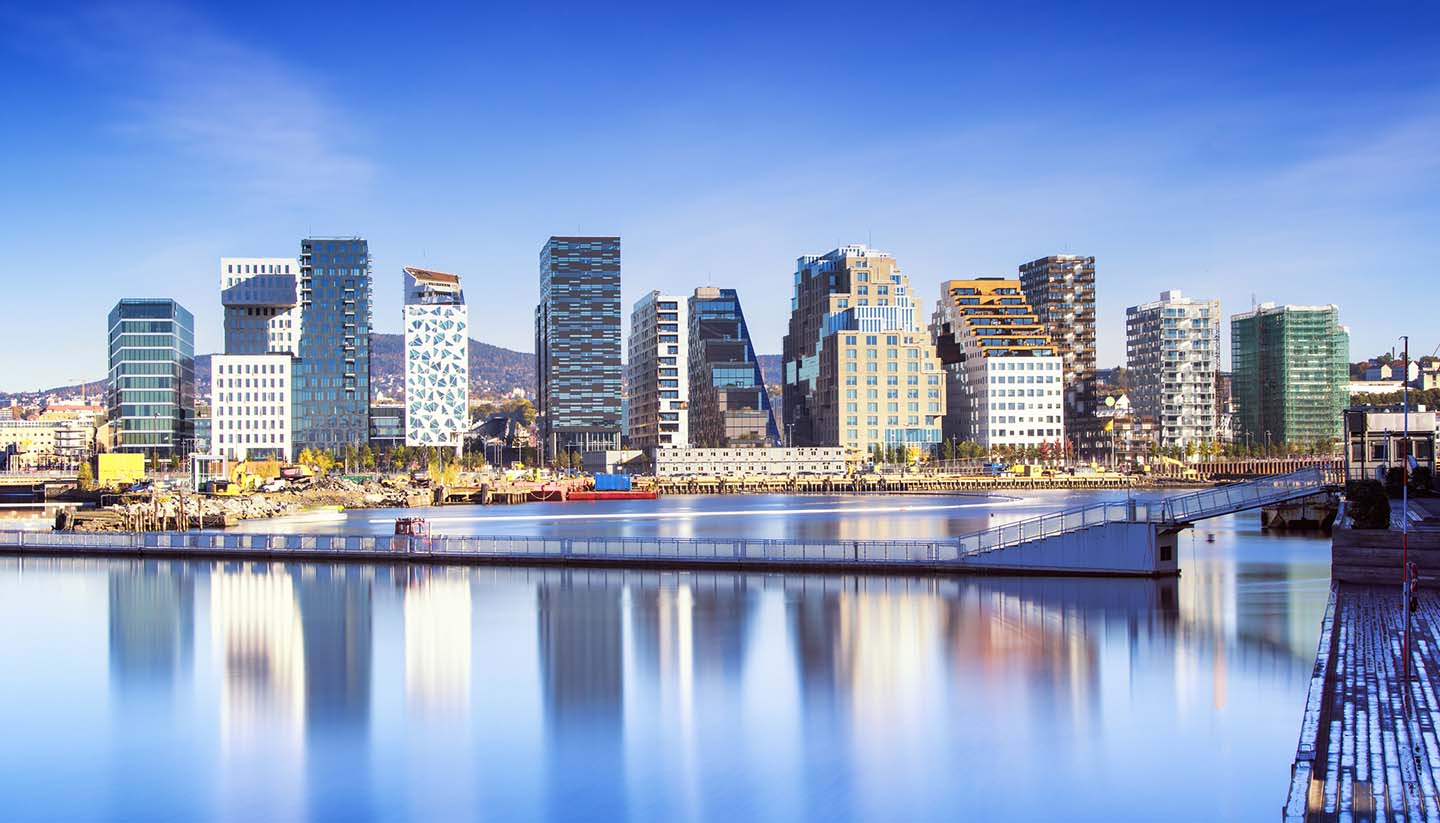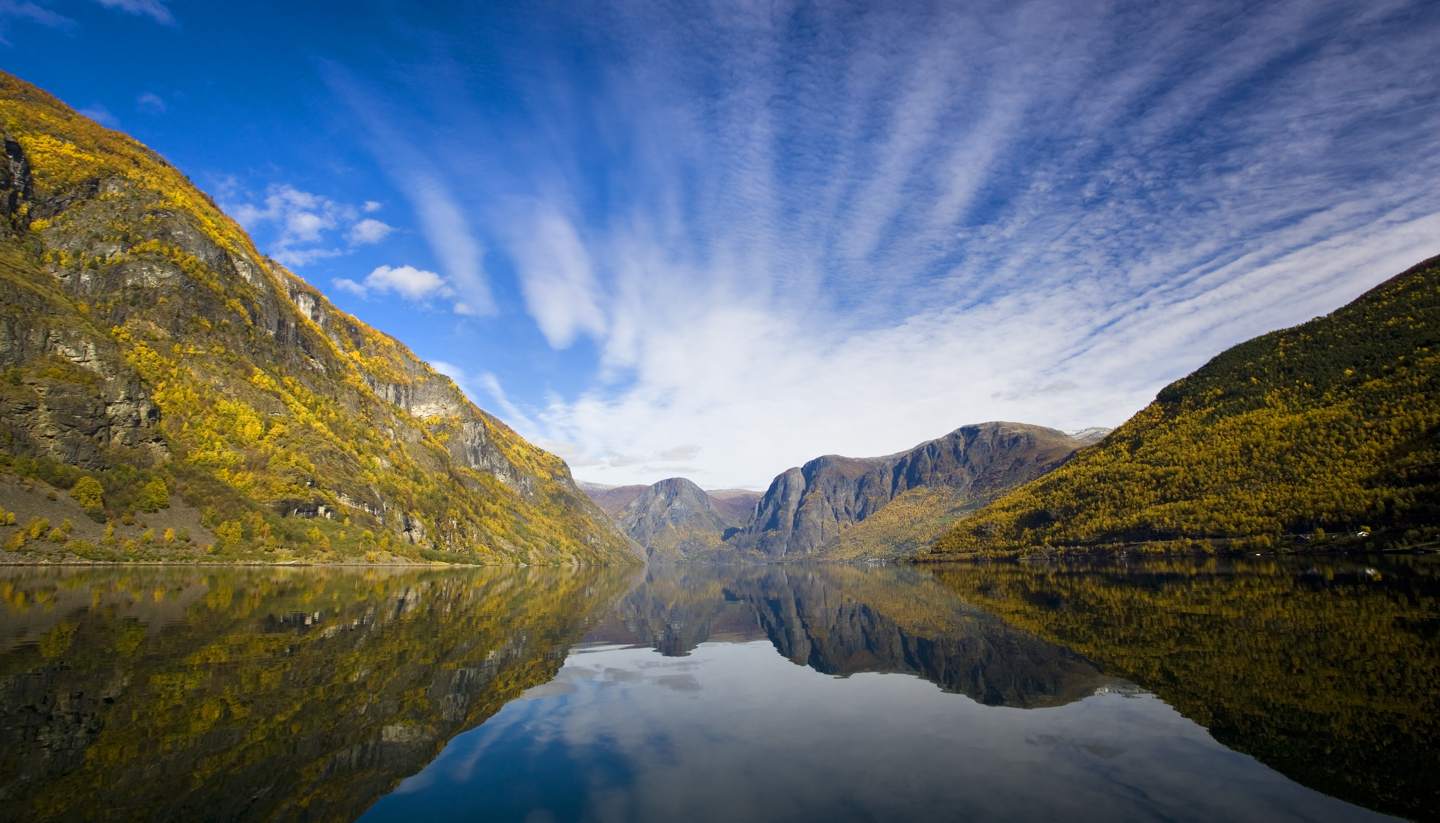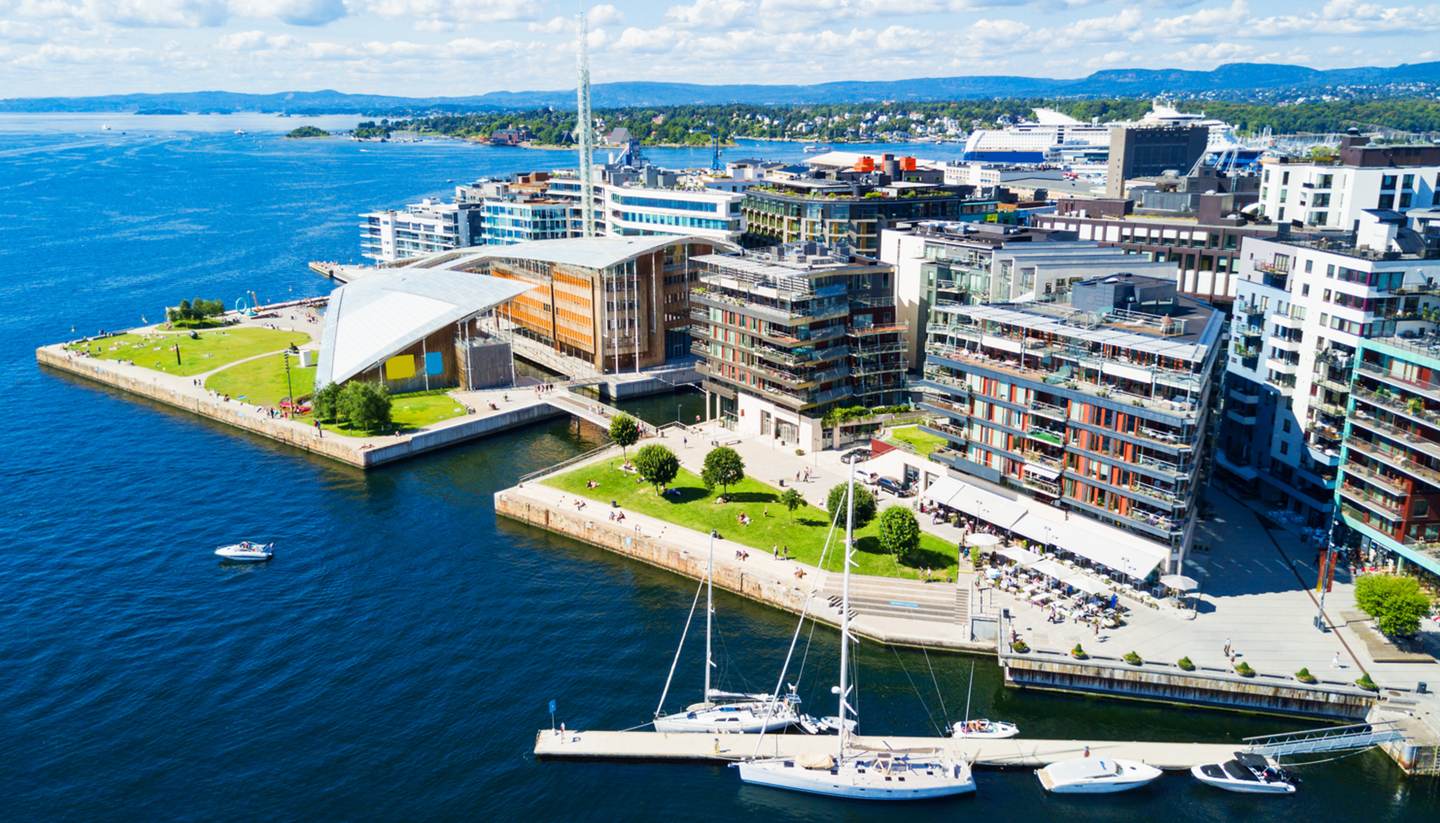Norway Visa and Passport Requirements
| Passport required | Return ticket required | Visa Required | |
|---|---|---|---|
| British | Yes | Yes | No |
| Australian | Yes | Yes | No |
| Canadian | Yes | Yes | No |
| USA | Yes | Yes | No |
| EU | See below | No | No |
Passports
Norway is not a member of the European Union (EU), but it is a member of the Schengen Agreement and part of the Nordic Passport Union. This means it allows free movements of EU nationals for up to 90 days, but it welcomes free movements of Nordic nationals without restrictions.
EU nationals: When travelling from one border-free Schengen country to another by car, you are not required to show a passport or national ID card. However, transport providers like airlines, train operators and ferry companies will require you to show your passport or ID card to prove your identity.
Nordic nationals: No restrictions, although travel providers will still require you to produce a valid identification.
Non-EU nationals: You must have a valid passport issued within the past ten years and with at least six months left is required, along with a return ticket and sufficient funds for the length of stay.
Beware that EU members such as Cyprus and Ireland are not part of the Schengen area, so a passport or ID card is required if travelling to/from these countries.
Visas
Visa Note
For more information about Schengen visas, follow the link to the article A guide to Schengen visas.
ETIAS travel authorisation: Starting in mid 2025, all visitors who currently do not need a visa to visit 30 European countries will need to apply for an ETIAS travel authorisation.
Types and Cost
Schengen visa €80 for those who are above 12 years old, €40 for children aged six to 12, and free for children below six.
Nationals from Armenia, Azerbaijan and Kosovo pay €35.
In addition, the visa fee is waived for the following applicants:
• School pupils, students, postgraduate students and accompanying teachers who undertake stays for the purpose of study or educational training.
• Researchers from third countries travelling for the purpose of carrying out scientific research.
• Representatives of non-profit organisations aged 25 years or less participating in seminars, conferences, sports, cultural or educational events organised by non-profit organisations.
• Family members of EU/EEA (European Economic Area) citizens, falling under Directive 2004/38.
Validity
Up to 90 days in any 180-day period.
Transit
Citizens of some countries need an airport transit visa when transiting through international parts of any airports within the Schengen countries, whereas citizens of certain countries are only required a transit visa for some of the Schengen countries. If you are not from a Schengen visa exempt country, please check with a consulate of Norway near you.
Application to
Contact the embassy, high commission or consulate.
Schengen Visas
Norway is a Schengen country, so the Schengen visa scheme applies.
Temporary residence
EU nationals: Will need to register with the police and obtain a residence permit (issued by Directorate of Immigration) if the stay is more than 90 days.
Non-EU nationals: Will need a residence permit if the stay is more than 90 days.
Working days
Schengen visa applications usually take 15 to 21 calendar days, but sometimes up to 45 days. Be mindful of the national holidays in Norway as they may affect the processing time. It is recommended to submit applications at least four weeks prior to departure.
Sufficient Funds
Schengen visa applicants must be able to provide proof of funds to cover their stay.
Extension of stay
Schengen visa holders with a visa valid for less than 90 days can only extend their visas in exceptional circumstances, such as force majeure or for humanitarian reasons.
Entry with pets
When bringing a pet from another EU country, the animal must have a microchip or tattoo, an EU pet passport and a valid rabies vaccination certificate (the vaccination must have taken place at least 21 days prior to travel). Animals from outside the EU must also have an ISO 11784/11785 compliant 15-digit microchip. Depending on whether your pet is from a high-rabies country or a rabies-controlled country, your pet either has to be vaccinated first or microchipped first. For pets from high-rabies countries, a rabies titer test also has to be administered 30 days after the vaccination. A veterinary certificate issued by an authorised veterinarian is also required when entering Norway with a pet from outside of the EU.
Please check with the consulate directly for the appropriate procedures.
This page reflects our understanding of current rules for the most common types of travel to the said country. However, please note that each authority sets and forces entry rules, hence we strongly recommend that you verify critical information with the relevant embassy before travel.
Embassies and tourist offices
British Embassy in Norway
Telephone: +47 2313 2700.
Website: http://www.gov.uk/government/world/norway
Address: , Thomas Heftyes Gate 8, Oslo, 0244,
Opening times:
Mon, Tue, Thur and Fri 0900-1500.
Royal Norwegian Embassy in the UK
Telephone: +44 020 7591 5500.
Website: http://www.norway.org.uk
Address: , 25 Belgrave Square, London, SW1X 8QD,
Opening times:
Mon-Fri 1000-1500 (general enquiries). Mon, Tue and Fri 1000-1230. Thurs 1220-1500 (enquiries to consular section).
Royal Norwegian Embassy in the USA
Telephone: +1 202 333 6000.
Website: http://www.norway.org
Address: , 2720 34th Street NW, Washington, DC 20008,
Opening times:
Mon-Fri 0900-1600 (Passports applications Mon-Fri 0900-1100. Appointment needed).





